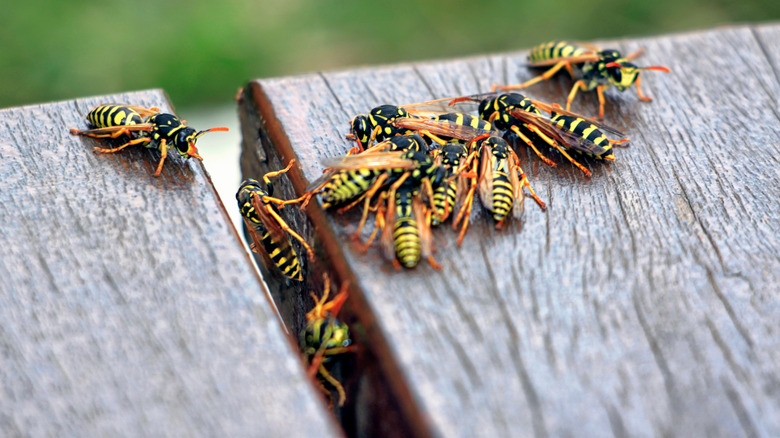Mice can be a real nuisance in our homes, causing damage and spreading diseases. Fortunately, there are natural ways to keep these little creatures at bay. In this article, we will explore what smells repel mice and how you can use them to maintain a mouse-free environment.
Understanding the senses of mice is essential to grasp how to effectively repel them. Mice have a keen sense of smell, which they use to find food and sense danger. This makes certain odors effective in deterring them from invading your space. So, what are these smells, and how can you utilize them?

Common Scents That Deter Mice
There are several scents that are known to repel mice effectively. Below are some of the most popular ones:
Peppermint Oil
Peppermint oil is one of the most famed natural repellents for mice. The strong minty aroma acts as a deterrent, making it uncomfortable for these rodents. You can use peppermint oil by placing cotton balls soaked in the oil in areas where you suspect mouse activity. Moreover, the refreshing scent will also keep your home smelling fresh.
Lavender
Not only is lavender known for its calming effects on humans, but it is also an excellent repellent for mice. Mice dislike the strong floral scent and would prefer to avoid areas with lavender plants. Consider planting lavender in your garden or using lavender essential oil in pouches around your home.

Other Natural Alternatives
In addition to peppermint and lavender, there are several other smells and substances that can help repel mice:
Garlic
Garlic has potent odors that can keep mice away. You can use garlic powder or crush fresh cloves and place them in areas prone to mice sightings. The scent is off-putting to mice and can effectively deter them from entering your home.
Cayenne Pepper
As a strong spice, cayenne pepper can be an effective mouse repellent. Sprinkling it around entry points or potential nesting sites will create an unpleasant environment for mice. Additionally, you can mix cayenne pepper with water to create a spray that can be applied to surfaces where you have seen mouse activity.

Creating a Reliable Repellent Strategy
Combining different scents can enhance your mouse repelling strategy. For effective results, consider mixing various essential oils and placing them strategically in your home. Additionally, routine cleaning can help eliminate food residues that attract mice, making repelling them easier.

Regular Maintenance and Prevention
Keeping mice at bay doesnt only rely on scents. Regular inspection and sealing of potential entry points are crucial to effective pest control:
- Check for gaps or openings in walls and floors.
- Seal entry points with caulk or steel wool.
- Maintain cleanliness, especially in kitchens and eating areas.
Frequently Asked Questions
1. Can I use essential oils to repel mice?
Yes, essential oils such as peppermint and lavender are known to repel mice effectively. Soaking cotton balls in these oils and placing them in areas of activity can be helpful.
2. Are there plants that can naturally repel mice?
Yes! Plants like lavender and mint can repel mice due to their strong scents. Planting these around your home may help keep them at bay.
3. How often should I reapply the scents?
Its advisable to replace the cotton balls or reapply the scents every few weeks or after cleaning, to maintain their effectiveness.
Conclusion
Finding what smells repel mice can significantly help in your efforts to keep your home pest-free. By utilizing natural scents like peppermint, lavender, and garlic, you can create an unpleasant environment for these pests. Furthermore, combining these approaches with regular maintenance and cleanliness will ensure success in your battle against unwanted visitors.
For more insights on natural pest control solutions, check out this article on natural pest control.
As an Amazon Associate, I earn from qualifying purchases.
